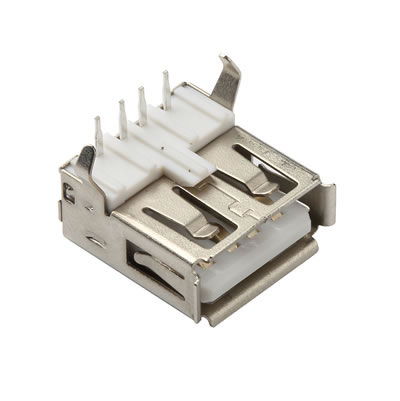The definition of USB
 2024-04-27 09:56:36
2024-04-27 09:56:36

USB (Universal Serial Bus) is an abbreviation, which is a standard for high-speed data transmission and device connection interfaces. It is a plug-and-play interface that can be used to connect various devices, including mice, keyboards, printers, scanners, digital cameras, external hard drives, smartphones, and so on. The USB interface standard began in 1994 and has undergone multiple versions of upgrades and improvements to meet the increasing demands of complex computer systems and external devices.
There are various types of USB standards, the most common being USB-A, USB-B, and USB-C. Among them, the USB-A interface is the earliest type of USB interface, widely used in computer hosts and some external devices. The USB-B interface is commonly used in professional devices such as printers, scanners, and audio equipment. The USB-C interface is currently the most popular USB standard, capable of not only high-speed data transmission but also supporting functions such as video output and charging.
USB has many advantages, including high-speed transmission, simple installation, low power consumption, and strong compatibility. Therefore, it is widely used and has become one of the essential interfaces for our daily computer use.


